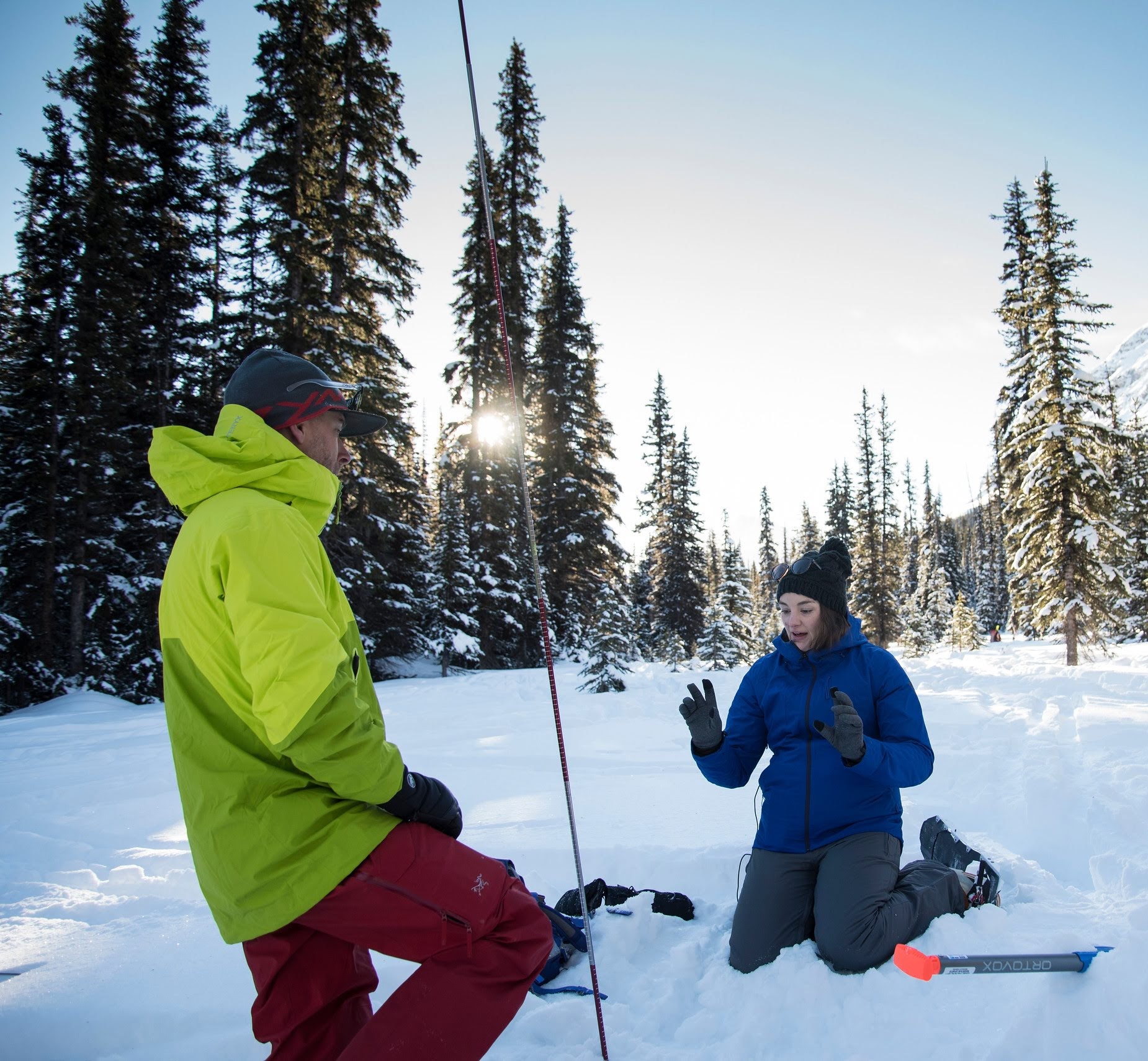In 2021, we were bright-eyed, bushy-tailed, and fully convinced that buying our first townhouse was a stepping stone. A 3-5 year plan, tops. We had stars in our eyes and HGTV-fueled dreams of "bigger and better" — a detached home with a yard, a double car garage, and the classic checklist of everything you’re supposed to want next.
We were ready to chase that dream, just like everyone said we should.
But fast forward to today, and… four years later we're still in that same townhouse. And honestly? We kind of love it and don’t plan on moving in the next 12 months to hit our 5 year ‘deadline’ in this home.
Back then, we had ambitious plans — we’d renovate top to bottom, sell at peak value, and roll our equity into the next place. Flooring! Paint! Bathrooms! Kitchen! Baseboards and trim! The whole shebang. What did we actually manage? One painted room, a coat of paint on the kitchen cabinets, a new backsplash, and fresh countertops. That’s it. And yet somehow, it’s still enough.
Because over time, we realized what we actually love about not owning a bigger home — is not maintaining one.
Would I like a linen closet? Abso-freaking-lutely — like literally one more closet would make my life SO much easier. Would Alex love to park right in front of our door instead of walking 30 extra steps to the street? Of course but luckily for those -30 wintery days, his remote car start reaches the street from our living room 😂
Are those little annoyances enough to make us want to pack up, spend more, and sign ourselves up for extra cleaning, yard work, and likely some expensive renovations on a bigger place? Not a chance.
When we first bought, it made sense. Our pain point was renting — the rotating cast of roommates, the lack of stability, the feeling that our living situation didn’t match the life we were trying to build as a couple. And we could feel the real estate market heating up, so we knew if we didn’t make a move soon, we might not be able to at all or we’d at the very least be making a heck of a lot more compromises than needing one more closet and a dedicated parking spot.
Now in 2025, our pain points just don’t outweigh the hassle of moving. So here we are — in a condo we initially saw as temporary, but which turns out to be perfectly suited to how we actually live. It’s low maintenance, easy to lock-and-leave for weekend adventures, and cozy in all the right ways.
This is something I talk to my real estate clients about all the time: What’s your why? Why do you want to move?
Because moving isn’t easy — it’s disruptive, it’s expensive, and it needs to be worth it. So what is it about your current living situation that isn’t working?
Maybe you're…
Living with roommates when you're ready for privacy and independence
Sharing one bathroom with three kids and it’s pure chaos
Dealing with a pet who’s terrified of elevators so you unknowingly moved into a 3rd-floor walk-up
Using your garage as a bike shop, gear shed, and storage locker because your hobbies are outgrowing your space
Sick of mowing the lawn and ready for condo life where someone else handles that
If any of that sounds like you — and it's impacting your quality of life — then maybe it is time for a change. But if you're mostly content and the pain points are small things that can be managed with a little creativity or compromise? That’s okay too.
There’s this lingering idea from older generations that “real success” means upgrading to a detached house with the white picket fence and the golden retriever. But for us? We’ve learned that success is living in a home that supports the life you want to live. For Alex and I, that life includes skiing, biking, hiking, and not spending our weekends cleaning an extra 800 square feet we don’t need.
Sure, a guest room for visiting family would be nice. But is it worth taking on more space, more stress, and a bigger mortgage for a room that gets used five weekends a year? Absolutely not.
So no, we’re not moving anytime soon. And if anyone asks when we’re getting a “real” house?
We already have one — it just doesn’t come with a lawn mower.
Want help figuring out if it’s your time to move? Let’s talk about your pain points — and your priorities — and see what makes the most sense for you. Or click here to Download my free guide to getting started in the Real Estate market.


